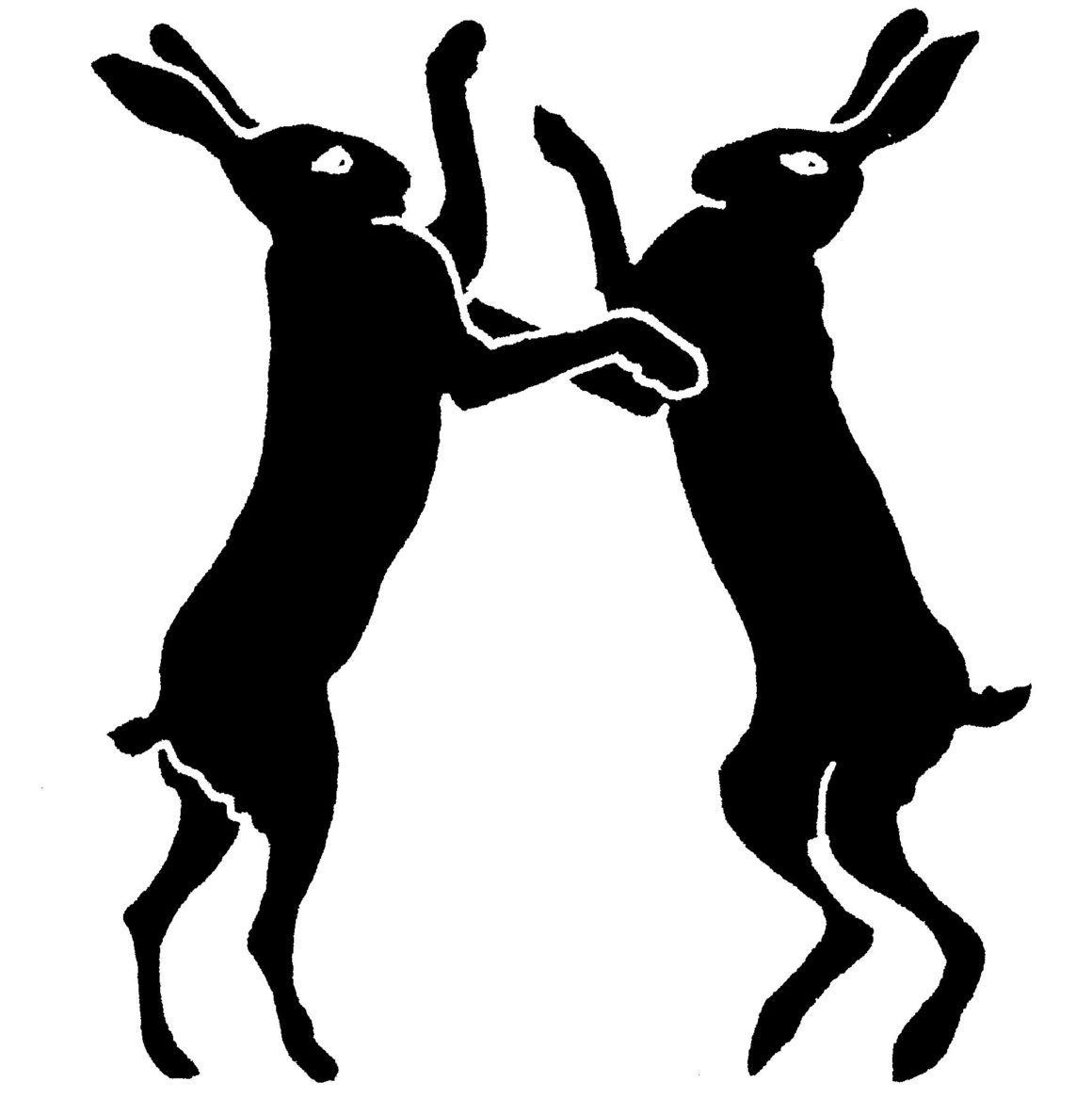Jeffrey Tao holds a degree in Russian Studies from Sussex University. He has had a career as conference interpreter at the United Nations in New York, continuing to serve the organization on a freelance basis. He has translated poems from the Tang Dynasty and prose writings from the 20s, 30s and 40s. He has written a number of travelogues chronicling his impressions of many international destinations. Currently he is working on a historical novel based on a Shanghainese family during WWII.
Autumn Evening Du Mu
A silver-flamed candle is lit in the autumn twilight,
casting cold shadows on a painted screen.
She waves a light brocade fan to chase away the fireflies.
The night sky is cool and limpid like water,
And she lies gazing at the stars of the Cowherd and the Seamstress. [1]
秋夕 杜牧
银烛秋光冷画屏,
轻罗小扇扑流萤。
天阶夜色凉如水,
卧看牵牛织女星。
Trek through the Mountains Du Mu
The air is chill as we climb the steep stone path.
Houses nestle deep in the cloud-shrouded mountains.
Delighted by the maple trees in the twilight, I stop the carriage.
Frost-bitten leaves are more crimson than the fresh flowers of the Second Month.
山行 杜牧
远上寒山石径斜,
白云深处有人家。
停车坐爱枫林晚,
霜叶红于二月花。
[1] This is a haunting and perennially popular legend about how two star-crossed lovers— the Seamstress, a great celestial beauty, and a mere mortal, the Cowherd, fell in love and married on Earth. Their marriage enraged the Seamstress’s father, the Jade Emperor, who, upon her visit to Heaven, blocked her return to Earth by flowing a river, the Milky Way, across the sky, forever separating the two. But once a year, on the seventh day of the seventh month of the Lunar Calendar, he allows them to meet on a bridge over the river.






